Starting an eCommerce business on Shopify is an exciting venture, but one of the most critical decisions you will make is choosing between dropshipping and private labeling. Both models have their unique advantages and challenges, and selecting the right one can significantly impact your store’s success. This blog will explore the key differences between dropshipping and private label business models and how to optimize your Shopify store for maximum profitability using strategic Shopify SEO techniques.
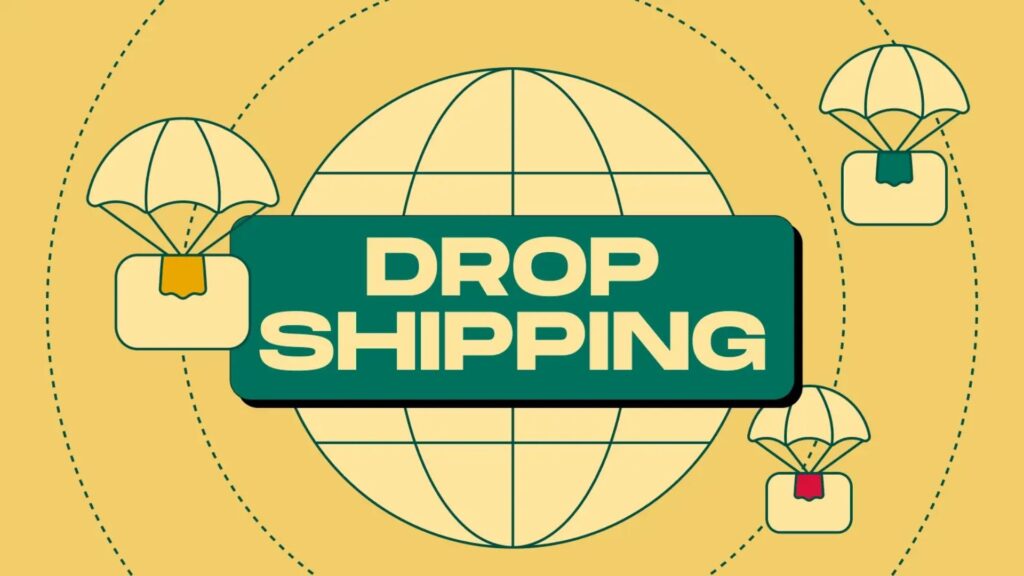
Understanding Dropshipping
Dropshipping is one of the most popular eCommerce business models for new entrepreneurs because it requires minimal investment. With dropshipping, you don’t hold any inventory. Instead, you partner with a supplier who ships products directly to your customers. This eliminates the need for warehousing, reduces overhead costs, and simplifies logistics.
Pros of Dropshipping:
- Low Startup Costs – No need to invest in inventory upfront.
- Easy to Start – No warehouse or fulfillment process required.
- Wide Product Selection – Sell various products without inventory concerns.
- Flexibility – Work from anywhere with just a laptop and internet connection.
Cons of Dropshipping:
- Lower Profit Margins – High competition can lead to price wars.
- Limited Branding Control – No customization of packaging or branding.
- Supplier Reliability Issues – Delivery times and product quality depend on third-party suppliers.
- SEO Challenges – Many stores sell the same products, making Shopify SEO optimization crucial for ranking on Google.
Understanding Private Labeling
Private labeling allows you to sell products under your own brand name, even though a manufacturer produces them. You have more control over branding, packaging, and sometimes even product modifications.
Pros of Private Labeling:
- Higher Profit Margins – Branding allows you to set premium prices.
- Brand Authority – Build customer loyalty and recognition.
- Less Competition – Differentiated products make it easier to stand out.
- Better Shopify SEO Performance – Unique product listings help rank higher on search engines.
Cons of Private Labeling:
- Higher Initial Investment – Requires bulk inventory purchases.
- Storage & Logistics – Need to handle warehousing and shipping.
- Longer Setup Time – Product development and branding take time.
- Potential for Unsold Inventory – Risk of holding unsold stock.
Shopify SEO Strategies for Dropshipping and Private Labeling
Regardless of the business model, leveraging Shopify SEO best practices can drive organic traffic to your store and increase conversions.
1. Keyword Research for Shopify SEO
Use tools like Google Keyword Planner, Ahrefs, or SEMrush to find high-ranking Shopify SEO keywords. Target keywords such as “best dropshipping suppliers,” “private label products for Shopify,” and “Shopify SEO optimization” to enhance visibility.
2. Optimized Product Descriptions
Unique, keyword-rich product descriptions improve search rankings. Avoid copying supplier descriptions; instead, craft compelling content with relevant Shopify SEO keywords.
3. Image Optimization
Optimize images using descriptive alt text and compressed file sizes. Fast-loading images enhance user experience and boost Shopify SEO rankings.
4. URL Structure & Meta Tags
Ensure product URLs are clean and keyword-optimized (e.g., www.yourstore.com/private-label-skin-care). Use compelling meta titles and descriptions with Shopify SEO-friendly keywords.
5. High-Quality Content Marketing
Blogging about industry trends, product benefits, and Shopify business tips can drive organic traffic. Use long-tail keywords like “how to start a Shopify dropshipping business” or “Shopify SEO strategies for eCommerce.”
6. Mobile Optimization
Google prioritizes mobile-friendly websites. Ensure your Shopify theme is responsive and delivers an excellent user experience on smartphones and tablets.
7. Link Building & Backlinks
Get quality backlinks from reputable eCommerce websites, industry blogs, and influencers. Internal linking within your Shopify store also helps improve site authority.
Which Model Is Best for Your Shopify Store?
Choose Dropshipping If:
- You’re starting with a limited budget.
- You want to test multiple products quickly.
- You prefer a hands-off fulfillment process.
- You are skilled at Shopify SEO and digital marketing.
Choose Private Labeling If:
- You want to build a long-term brand.
- You can afford upfront inventory costs.
- You desire higher profit margins and brand control.
- You’re willing to invest in Shopify SEO to establish authority.
Conclusion
Both dropshipping and private labeling offer unique benefits and challenges. The best choice depends on your budget, business goals, and marketing strategy. Regardless of the model you choose, implementing effective Shopify SEO techniques is crucial for driving traffic and increasing conversions. Optimize your store today, rank higher on Google, and build a profitable Shopify business!
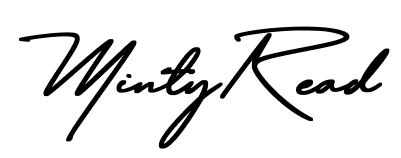




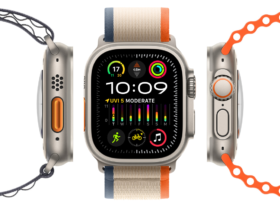






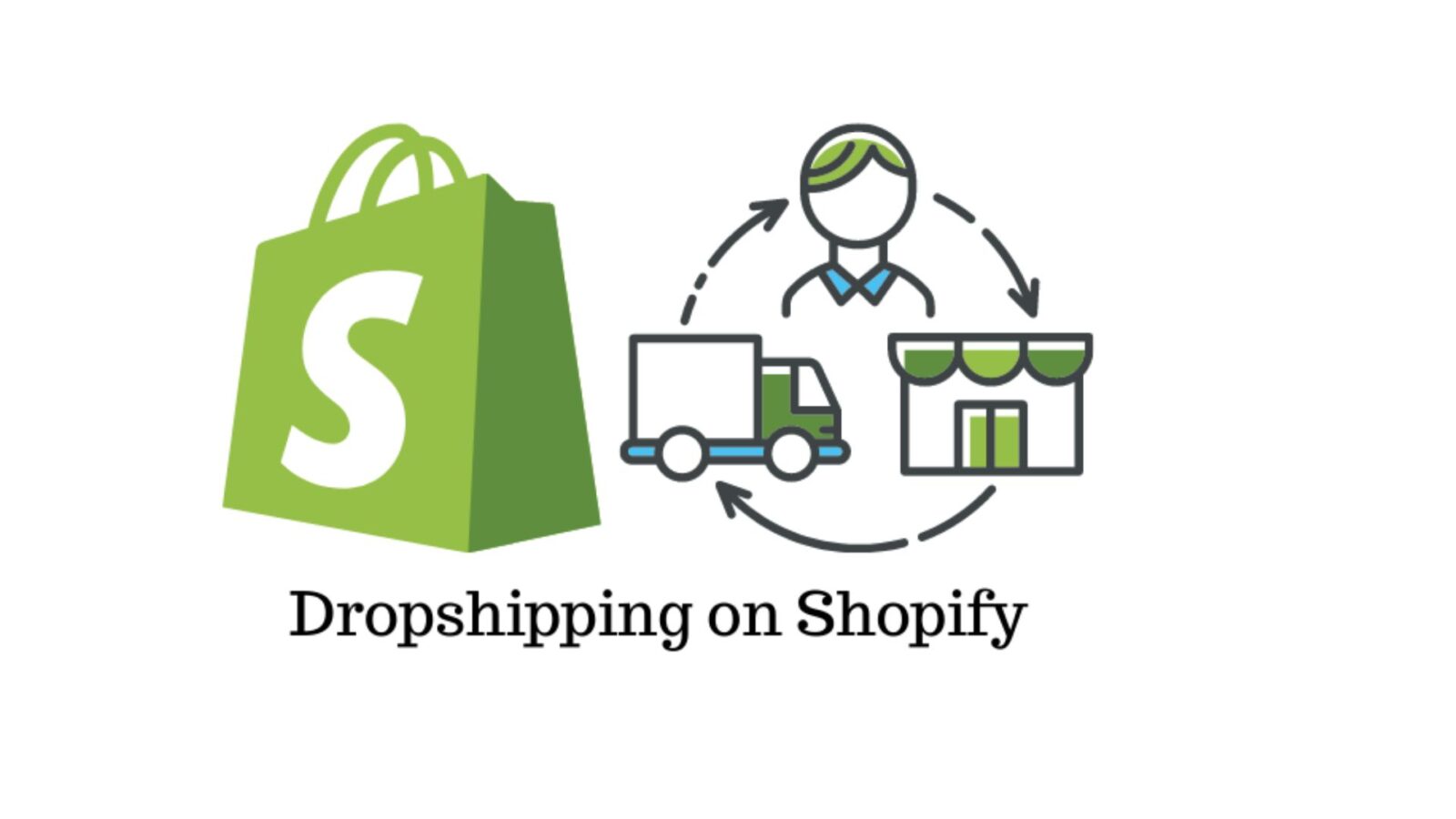
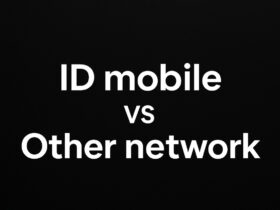
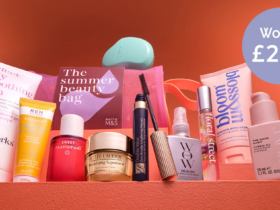


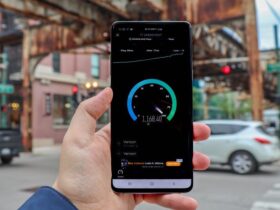
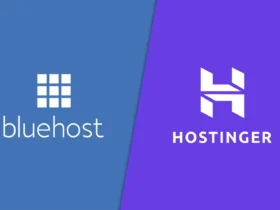
Leave a Reply